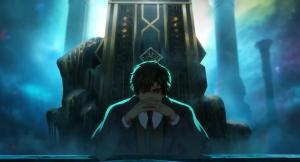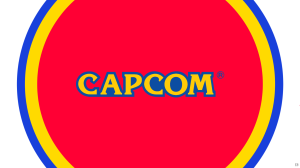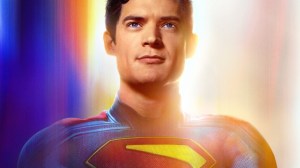Star Trek: Prodigy represents some firsts for the Star Trek franchise, and some seconds or thirds. For example, it’s the third animated Star Trek series after Star Trek: The Animated Series and Star Trek: Lower Decks, but it’s the first to focus on bringing in a new generation of fans. It’s only one of Star Trek’s first forays into modern video games thanks to the recently released Star Trek: Prodigy — Supernova, developed by Tessera Studios S.L. and published by Outright Games, a publisher specializing in family and kids-centric video games. ComicBook.com had the opportunity to speak with some of the folks involved in bringing Star Trek: Prodigy into the world of video games.
Videos by ComicBook.com
“The talented developers at Tessera Studios worked with us on an amazing concept, and with the support of the many Star Trek, Nickelodeon, and Paramount teams we were able to develop an inspired story and gameplay,” Rudy Lamy, who produced Supernova for Outright, tells us of how the work on the game began. “Our focus was a collective experience: not just in terms of the cooperative gameplay at the core, but also with the storytelling of reuniting the crew and trying to help a system and culture survive.”
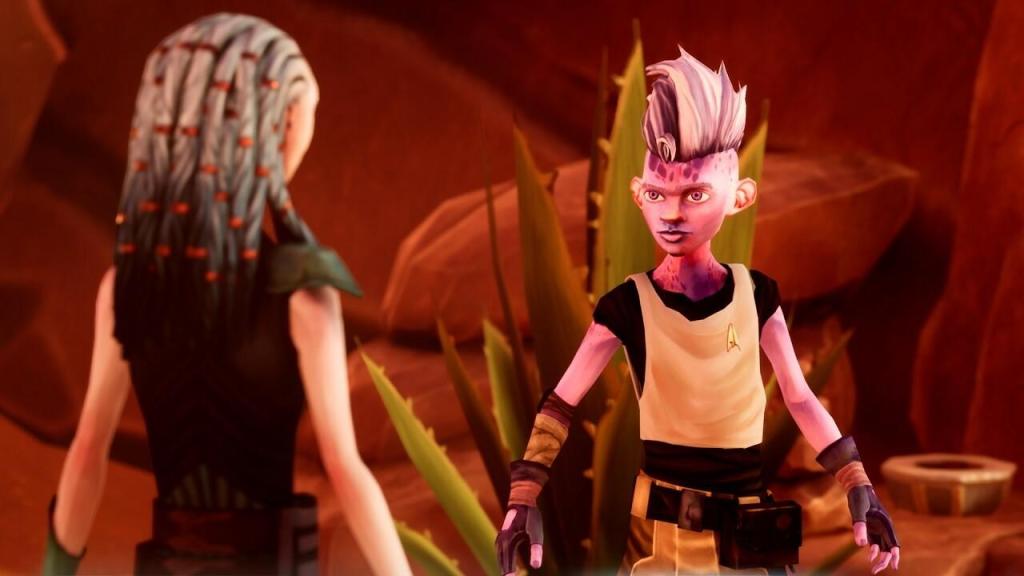
Of course, Supernova needed a story worthy of the Star Trek name. For that, they reached out to games writer Martin Korda to develop the game’s plot.
“Outright Games basically got in touch and said that they had a really exciting project, that they’d like me to come on board and work with them,” Korda says. “At the time, I wasn’t that aware of Star Trek: Prodigy, so obviously as a Star Trek fan, when I found out about it, I was super psyched about being part of the project. When I came onto the project, the TV show was still very much in production, so the game was being developed simultaneously as the TV production. It was really interesting to be working on an IP that’s part of a larger IP but is now branching away from that, and the chance to be part of creating these new characters and these new adventures and the new ship, they don’t come along very often. The chance to actually have the opportunity to be a part of that, and to take what the TV show did and to try and embellish that and find ways to further develop the characters and the storylines and integrate those directly with the TV show, was something really exciting.”
But getting involved in Supernova at an early stage meant that a lot of the development on the TV show it is supposed to be adapting hadn’t been completed yet. Overcoming this tricky obstacle required some back-and-forth between the game’s team and the people working on the show, including Lisa Boyd, who writes for Star Trek: Prodigy and helped polish Korda’s script.
“I was lucky enough to have also Outright Games come to me and have Martin already have this amazing idea, and Outright Games already had this incredible idea for a very Star Trek-like story and a very Prodigy-like story that is in canon and really smart, very imaginative, but just a really clever way to use all of the aspects of Star Trek,” Boyd says. “The inclusion, I think there’s a hint of environmental issues in there, so it’s progressive, which is very Star Trek to me. Because of that, I was lucky enough to just get invited to finish off the character’s dialogue.”
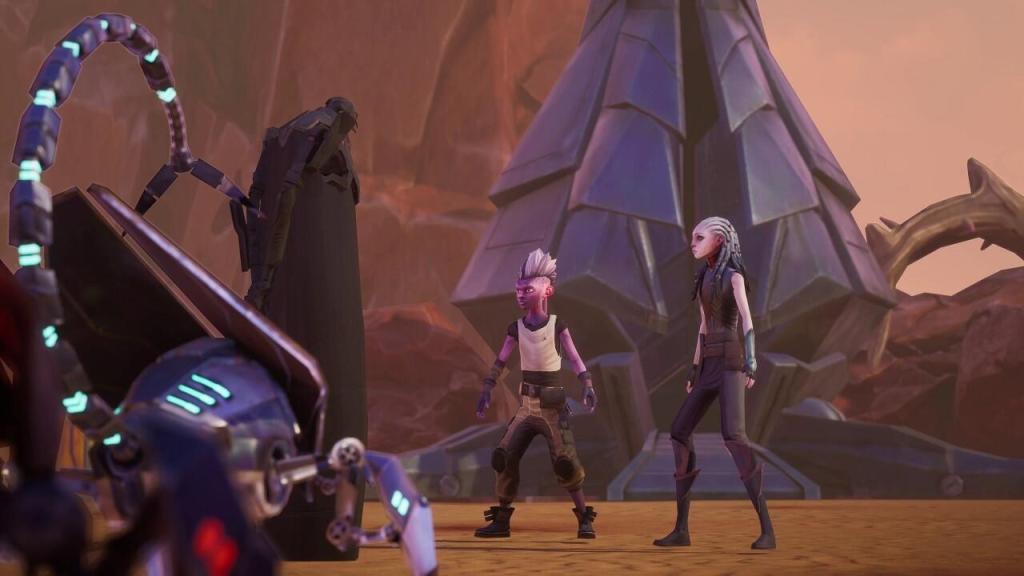
Supernova is a game developed under a new approach to canon and licensed tie-ins that Star Trek has adopted since returning to the television space with Star Trek: Discovery in 2017. While Trek’s TV shows are always going to take priority, there’s much more real-time communication between the people working on those shows and the people crafting these ancillary stories, often facilitated by Star Trek writer/producer Kirsten Beyer. Boyd being a part of Supernova is one example of that, and while some may think this sounds like the kind of storytelling by a committee that could lead to inert stories with little to offer, she sees it differently.
“I appreciate collaboration in the entertainment industry,” she says. “Some people get worried that there’s too many cooks in the kitchen, but I think that more Star Trek-knowledgeable people working on a Star Trek project is really positive. I’m proud of the fact that we’re in canon because that was part of my job, making sure it fit different aspects of the characters, and their tools and their storylines fit with the ongoing story. I’m really proud of that back-and-forth. There wasn’t much, but I’m proud. Whatever we did to make sure that the game rang true to not only Prodigy fans but Star Trek fans as a whole, I think we did really well.”
Korda offered some more details about how they calibrated Supernova to be in line with the television series. “When I came on board, we had the scripts for the first series, and reading through those was super helpful in terms of finding out what Prodigy was in the story, and the characters and how they spoke. As is common when you’re making games, the materials weren’t the final materials that made it into the show. It very much gave me an idea of who these characters were and how they spoke and their dynamics, but they weren’t 100% accurate with who the final characters and the final dynamics were.
“What was so fantastic with working with Lisa was that, while I was able to formulate the story and also write the script, when Lisa came on board, because she worked on the show and because she was in the writers’ rooms and because she knew the characters so intimately so well, she could then ensure that those characters were 100% accurate for the final characters that have made it into the show. Also, Lisa’s knowledge of Star Trek is absolutely superb. Some of the references that she put in there were just fantastic.”
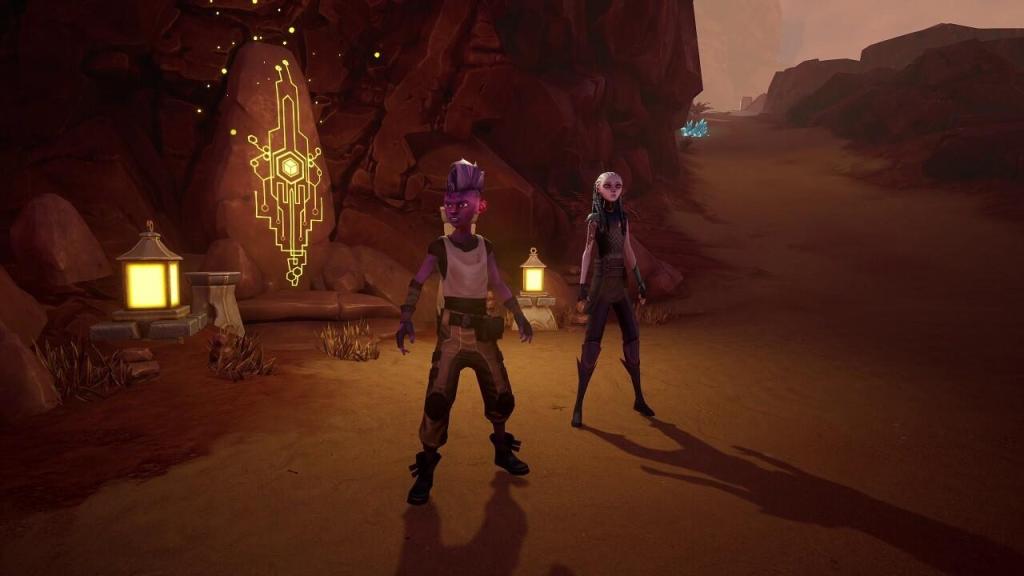
Of course, the catch with Star Trek: Prodigy is that it is Star Trek, but it is also kids’ media. This meant creating a story that would engage children without losing adults, and that challenge started with writing for the television show.
“We had a tendency to want to bring adult themes to the TV series,” Boyd says of working on Star Trek: Prodigy. “We were lucky to work with Kevin and Dan [Hageman], and Aaron [Watke], and Chad [Quandt], who were, I think, more from the kids’ universe as writers. They were from Trollhunters and the Lego movies and that kind of thing. We had a really good mesh of writers in the first place to get to children’s stories, because I’m a firm believer that a story for kids needs to be enjoyable for adults too because we’re going to most often have our children be dominating the television and the game console, so we have to be able to enjoy whatever they’re watching and whatever they’re playing at the same time. Working on a TV show, Star Trek: Prodigy, that is for kids, and working on Star Trek: Prodigy: Supernova, that is for kids as well, is just a joy, because again, it passed my test for dramatic storylines, for good conflicts, for adult-like themes, I think themes that we all need to know and hear about, not just kids.”
Korda adds, “For me, I’ve always believed that the best writing for kids’ TV shows or movies or games is the kind of writing where the kids completely get it and love it and enjoy it, but there’s additional content there that adults can enjoy. You’ve seen that throughout the years in various movies and TV series, where sometimes the children are chuckling at something, and then, later on, the adults are chuckling at something that the kids totally don’t get.
“I think, in terms of the humor and the drama and the character development in Prodigy, even though it’s totally accessible for children, I think there’s also plenty there for adults to enjoy, the growth of the characters, the challenges that they come across, the back-and-forth between the characters and the humor that they have. There’s a lot in there, and I think it manages to capture that balance as a TV show that can appeal both to kids and to adults. Also as an introduction to Star Trek, I think it works really, really nicely, because there are so many things that are introduced, whether it’s the technology or the terminology or key characters from Star Trek’s past that are slowly being introduced to a new audience. It’s not forcibly done. Everything is just gently introduced, like the Kobayshi Maru test when Spock is there, and Worf makes an appearance. There are so many of these little bits that have been implanted there, that if the kids enjoy Prodigy, they can then go off and experience wider Star Trek, and already be familiar with key concepts about warp drives and tricorders and who these key characters are and enjoy all of that, and the fact that they already have a foundation in which to build a love for wider Star Trek fiction.”
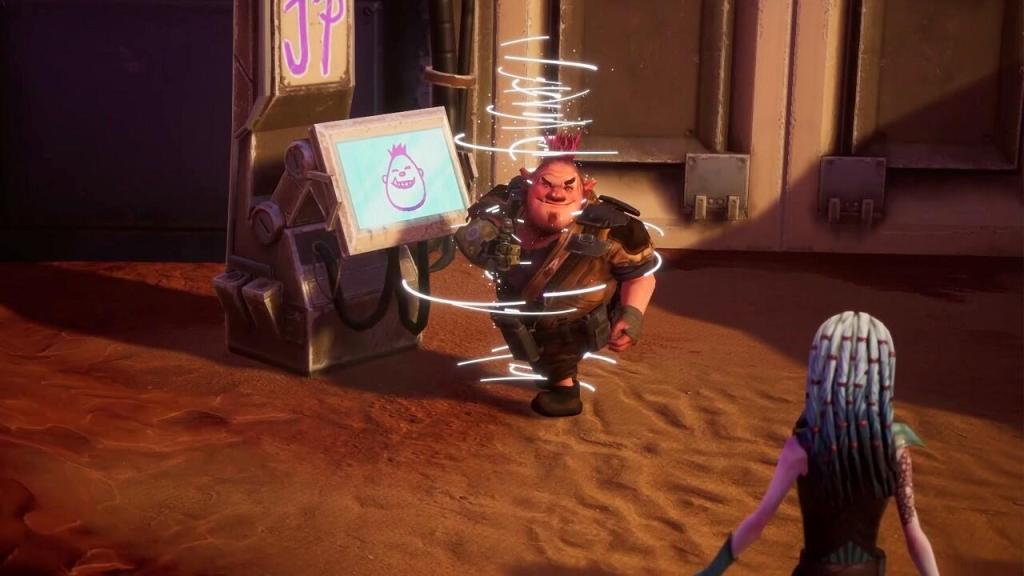
But Star Trek: Prodigy: Supernova isn’t a television show, it’s a video game, and writing for video games presents its own unique challenges. Namely, the writing has to accommodate and enhance the gameplay that is core to the experience.
“I think it’s a wider challenge within video game writing, in that in TV scripts and movie scripts, story is king, and ultimately the script is the center point of the entire production, whereas, within games, a script is part of a wider creative process that also, incorporates gameplay and level design and even cinematic limitations, that you don’t necessarily have in movies and TV shows,” Korda explains. “For example, you might have a fixed camera on cut scenes, or every single line of dialogue has to pull so that the player can skip through it, which means that the rhythm of certain speech and dialogue or exchanges wouldn’t be necessarily the same as you would have in a TV show or a movie. In-game speech in particular can be challenging because it has to be melded into gameplay and has to also work within level design.
“One of the ways that I like to work, and the guys at Tessera were fantastic, is that they were already designing levels and had ideas and concepts, but what they allowed me to do was take those concepts and those levels and integrate storytelling into them. What I would be doing is I would be writing scripts, and you know that there are key points where certain things, certain battles, or certain puzzles would happen, but it’s trying to give meaning to the gameplay as well. Because gameplay is a very mechanical thing, I’m a firm believer that if you can provide meaning and stakes into the storytelling, that then transforms gameplay into something that has far more meaning. If you are fighting for someone you care about, it means more than fighting for an NPC who has no character, background, or story. Working with Tessera and working with Lisa, it really allowed me to inject that characterization and that storytelling into the level design and really create reasons for things to exist within the world, like the machines that are draining the power from the sun and giving meaning to the world as well, so that you’re not just running through a load of levels where things look cool, but you’re not really sure what they are. This process enabled us to inject that life and characterization into the levels, which is why I think we managed to get a really nice balance between gameplay and storytelling.”
While they were already Star Trek fans going into Star Trek: Prodigy: Supernova, the experience of working on the game (and the show, in Boyd’s case) has had an effect on how these writers look at the Star Trek franchise and universe. “The fact that we’re still coming up with content 56 years later for this same basic structure, the universe, the Star Trek world, is to me just a delight, and to have been a part of it is a huge delight,” Boyd says. “The fact that Martin and everyone at Outright Games created a whole new alien species is wonderful, and they are going to be part of the culture, part of the lingo, these three planets are going to be part of the lingo or they’re going to be on Memory Alpha, that’s a huge deal to me. The longevity, I think I’m just pleasantly surprised by how it keeps going.”
“I can only really echo what Lisa said,” Korda adds. “The longevity’s incredible, but working on this, you really got the feeling that this could just be the tip of the iceberg, that this is a franchise that could just go on and on in so many different and various and interesting ways, limited only by our own imagination of what could be out there and all these adventures that the different crews and ships could go on. It’s incredible if you think about most IPs, and when they start to lose momentum, it doesn’t usually take that long. Whereas here, it just seems to be increasingly snowballing, in terms of there’s just so many fantastic different offshoots of Star Trek and all the different series and movies and generations and timelines. It’s mind-boggling.
“Trying to boil that down for a new audience was also fascinating, because if you can introduce younger people to what Star Trek is, and they realize how much is out there and all of those movies and series that they could go and watch, that’s just a treasure trove of things to look forward to. Hopefully, Prodigy and Supernova will do that, and these kids who play this will want to go out there and experience Star Trek and become lifelong fans like we are. Maybe in 40 years’ time, they’ll still be talking about it with equal enthusiasm, with a ton of extra fiction and other offshoots and spinoffs and everything that’s involved that they’ve enjoyed. It’s really exciting in terms of where the franchise could still go.”
Star Trek: Prodigy: Supernova is available now for PlayStation 4, Xbox One, Nintendo Switch, and PC.
Correction: A previous version of this article incorrectly quoted Boyd as listing Erin McNamara among those they worked with it. She was referring to Aaron Watke. The article has been corrected, and we regret the error.



